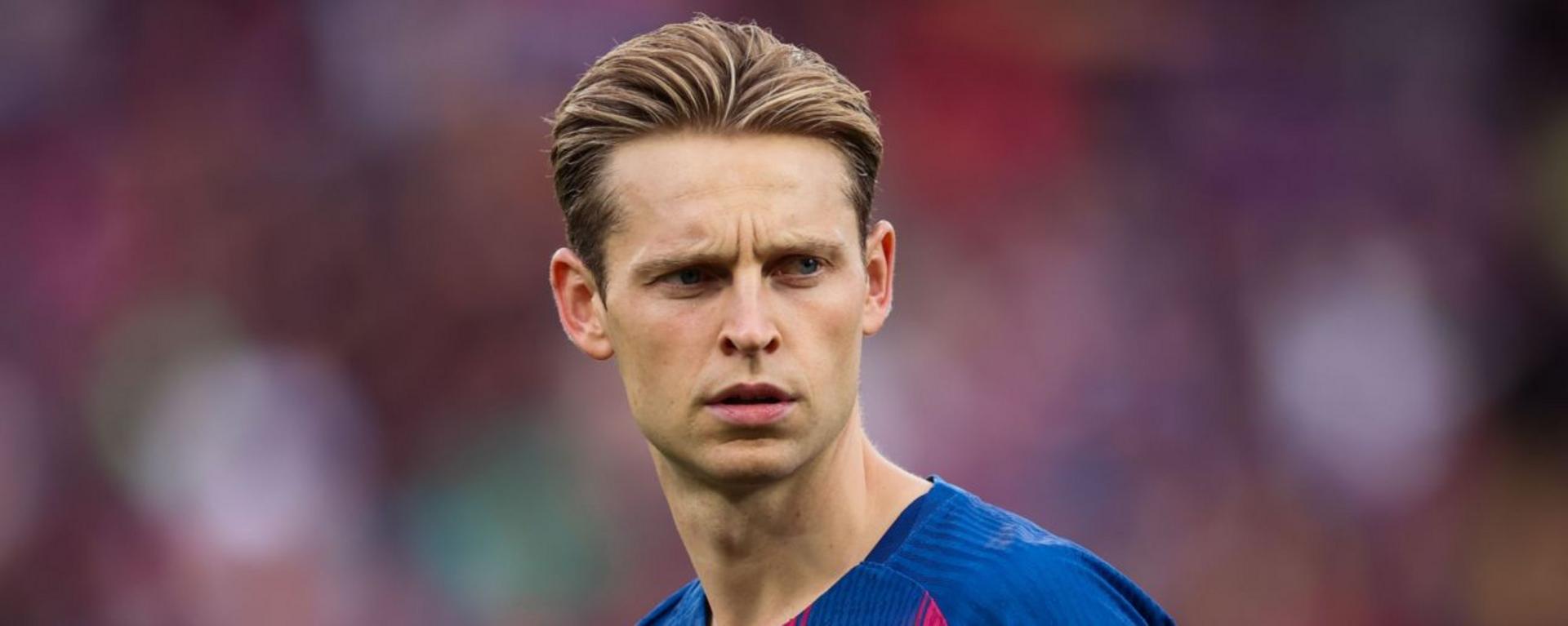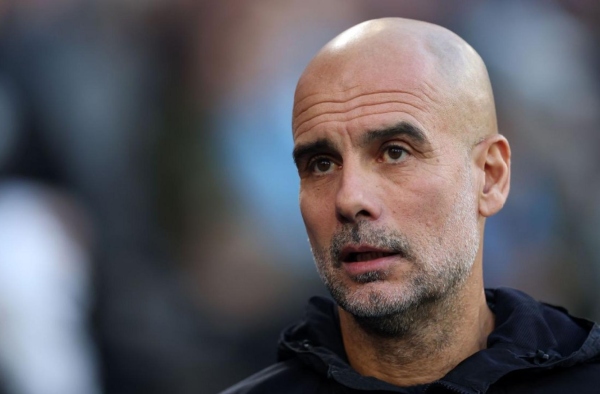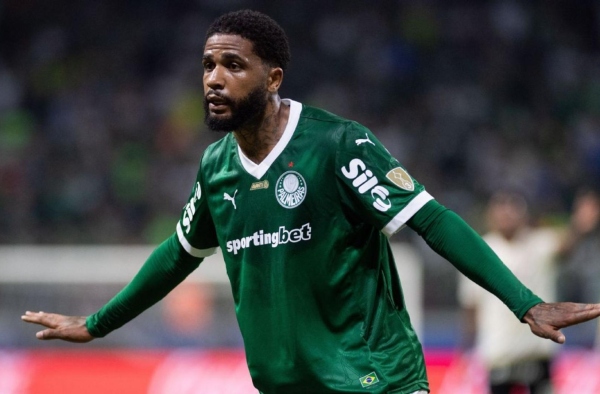De Jong Remains Opposed to Barça Miami Game
Frenkie de Jong, the Dutch midfielder for FC Barcelona, continues to voice his opposition against the La Liga fixture scheduled to be played in Miami between Barça and Villarreal. The controversial match is part of a broader initiative to expand the global footprint of Spanish football but has sparked significant debate among players, clubs, and fans alike.
Controversy Surrounding the Miami Match
The match between FC Barcelona and Villarreal, originally set to be played in Spain, was moved to Miami as part of La Liga’s efforts to increase its presence in the US market. While the league hopes to tap into the growing American soccer fan base and increase international viewership, the decision has been met with skepticism and frustration from some players.
Frenkie de Jong has been one of the most outspoken figures in this controversy. In recent interviews, De Jong expressed his clear disapproval of the game’s relocation, questioning the impact such decisions have on the integrity of the league and the wellbeing of the players. He highlighted concerns related to travel fatigue, disruption of domestic schedules, and the potential loss of competitive fairness due to the change in venue.
Player Concerns on Travel and Schedule
Playing a match in Miami requires long-haul travel, which can affect player performance and recovery. De Jong’s opposition stems partly from how such scheduling could cause physical and mental strain on players, leading to a decline in match quality and increased risk of injury. The timing and frequency of international and domestic matches make it especially challenging to accommodate additional overseas fixtures.
De Jong also pointed out that moving key La Liga matches overseas might alienate local supporters and undermine the traditions that have long been central to Spanish football. The fans’ experience in stadiums is something he values highly, and relocating games tens of thousands of miles away detracts from that experience.
La Liga’s Global Strategy
La Liga administration views the Miami game as an innovative move to promote Spanish football internationally, particularly in the United States, where soccer is gaining significant popularity. The league’s executives believe that staging marquee games on US soil could lead to new sponsorship opportunities, broadcast deals, and an expanded fan base.
However, the response from players like De Jong signals that any such expansion needs to carefully balance commercial ambitions with the sporting and human elements involved. The push for globalization is a common trend in modern football, yet it remains critical to ensure that decisions benefit all stakeholders, including players, clubs, and supporters.
Reactions from Other Players and Clubs
De Jong’s stance has resonated with other players across La Liga, many of whom share similar concerns regarding the game’s relocation and the broader implications of such initiatives. Clubs have also had mixed reactions, with some advocating for modernization while others emphasize preserving competitive integrity.
The debate continues as La Liga evaluates its strategy. Further discussions may determine whether this match becomes a one-off event, a more regular feature, or whether such overseas fixtures will be reconsidered entirely.
Conclusion
Frenkie de Jong’s persistent opposition to the Barça-Villarreal game in Miami highlights the tension between commercial expansion and traditional football values. While the push for global outreach grows stronger, it is evident that players’ voices remain crucial in shaping the future landscape of La Liga. The upcoming period will be critical in assessing how Spanish football balances growth ambitions with the welfare and interests of all involved.
Image courtesy by www.espn.com



